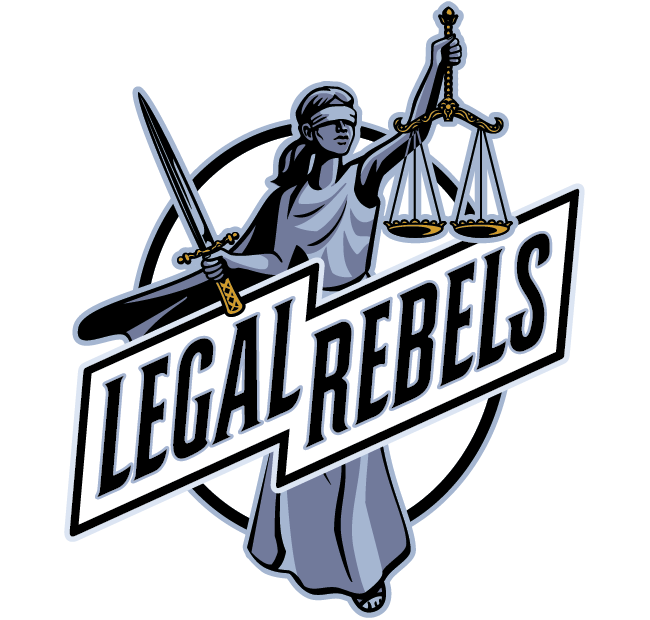
The PC, smartphone, email and the internet. History is littered with examples of how hot new technologies meant to make us more productive led to unintended consequences, including stress and burnout.
When it comes to generative artificial intelligence, will things play out differently?
Jack Newton, the CEO and co-founder of the practice management software company Clio, is among the optimistic. He says AI has the potential to help lawyers not only work smarter but also do more meaningful work.
“We’ve all had those days where you feel like you’ve been busy all day. You’ve answered 100 emails. You answered 15 text messages. You answered five phone calls. But at the end of the day, you look back and say, ‘What did I accomplish? How did I move the ball down the field on these three important projects or matters?’ The answer is ‘not at all.’ Lawyers feel that all too often,” Newton says.
In October, he delivered a keynote at Clio’s annual conference and unveiled several new products, including an AI assistant called Clio Duo, the company’s first foray into generative AI. The assistant summarizes documents, generates bills and makes suggestions on how firms can improve performance. It’s tasks like these that could be a “great candidate for automation or streamlining,” Newton tells the ABA Journal.
With the arrival of generative AI, some legal professionals—at least those who don’t see the tech as marking the dawn of a job-killing robot apocalypse—are probably hoping it will make their lives a little easier.
Others are skeptical. In May and June, Thomson Reuters surveyed more than 1,200 lawyers, accountants and others for its Future of Professionals Report. The survey found a minority, or 13% of professionals, thought using AI would shorten their working hours within 18 months; 29% believed it would lead to shorter working hours from 18 months to five years; and the majority, or 58%, expected no change.
Meanwhile, 26% of professionals surveyed believed using AI would lead to longer working hours within 18 months; 8% in 18 months to 5 years; and 66% expected no impact.
Casetext’s co-founder and 2017 ABA Journal Legal Rebel Pablo Arredondo now works for Thomson Reuters as vice president of CoCounsel. He argues the monotonous nature of some tasks leads to burnout as much as the hours worked.
“It’s sometimes the sense of doing things that are tedious, that don’t engage you intellectually and things where you have this deep sneaking suspicion that this could be automated or at least streamlined in a better way,” Arredondo says.
Then there is the prospect AI could reshape the legal industry’s financial model, which revolves around the billable hour. Law firms bill clients for many of the hours spent on complex but tedious tasks that AI could complete in seconds—such as research, drafting and document review.
“The billable hour model is incompatible with the kinds of productivity gains that gen AI is going to deliver,” Newton argues. “Lawyers are going to be forced to reconsider how they price and package their services in a way that better encapsulates the actual value they’re delivering.”
Locked in: Criminal justice startups tap into generative AI’s early promise
Bridging the Gap: Lawyers trying to increase access to justice see promise in generative AI
Helping Hand: Generative AI already is making an impact on legal research and writing
Always on: Will generative AI alleviate burnout or make lawyers more miserable?
Head of the Class: Law schools consider post-ChatGPT coursework
Age of e-Discovery: Generative AI could revolutionize e-discovery—but buyer beware
Rewiring Entry: How AI could blur the borders of immigration law
This story was originally published in the February-March 2024 issue of the ABA Journal.